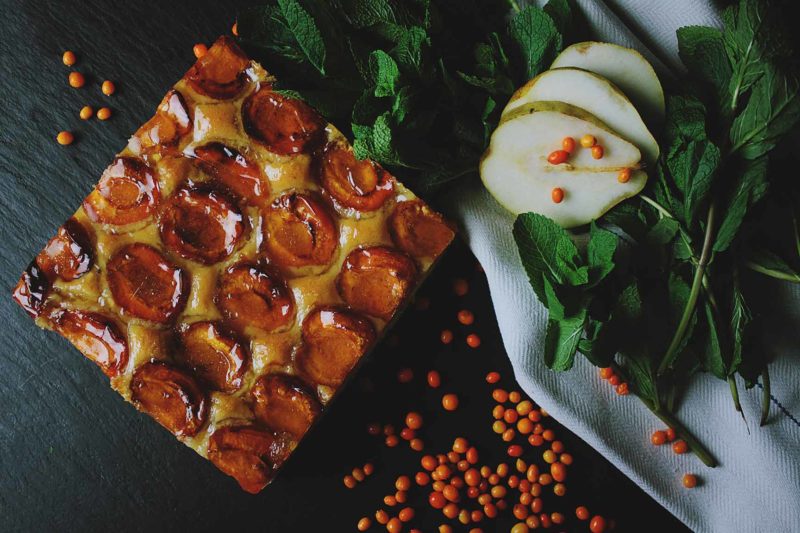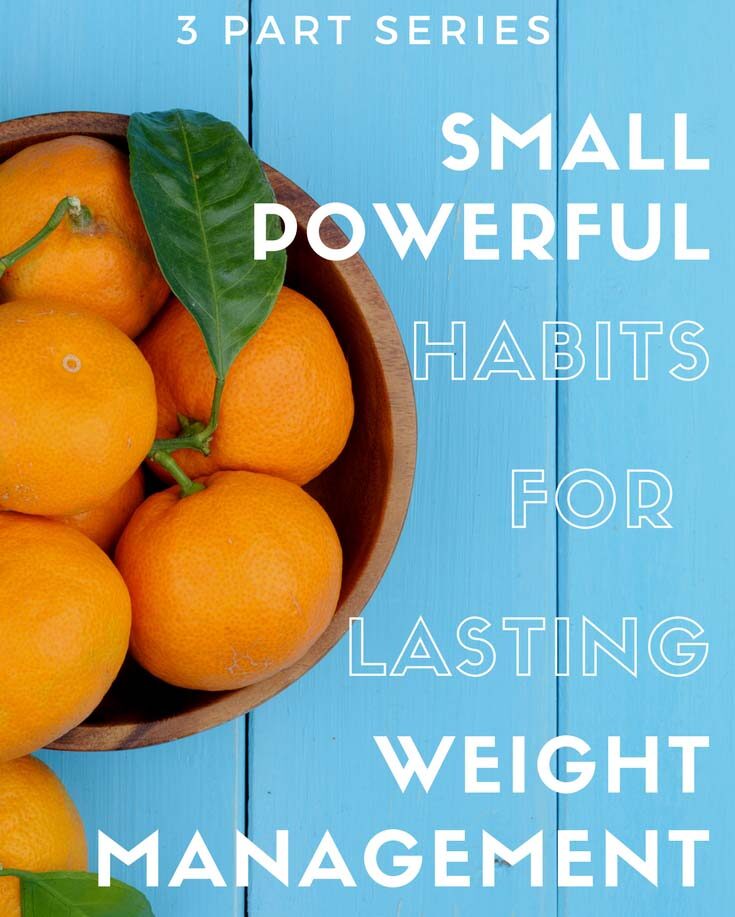This is Part One of my series of eating habits that will help with keeping you at the weight you want, and losing some kilos or pounds if need be. Many people have extra weight they can’t lose no matter what they try. Or they lose the pounds only to put it back on when they relax their mind/eating, get stressed or life gets busy. I had this problem and it sucked. It really did. You put all that effort in to lose weight and I’d be right for a while but then something would happen and the weight would creep back on. So, I developed a different strategy.
I had long years on the couch when ill. Keeping a healthy weight when lying down for most of the day, bored with not much to do and having a fridge nearby was a bit of a challenge.
The trick, I found, was to implement habits that last a lifetime, and habits that don’t take too much effort. They did take some work in the beginning. But for me they are now just like brushing my teeth. Nearly automatic, part of the daily routine and they keep me healthy. I action them and think about them, but it is not a strain or effort. So, then, no matter what is happening in life, no matter how crazy things get, they work.
N.b. You can read Part Two of the series here.
This was a game changer for me. It was the missing link and it changed everything. Over a year ago, I lost 4kg (9 pounds) and have kept it off despite blood sugar issues and injuries. Keeping it off was the hardest part of the battle. And I have kept it off easily since then.

I think about it as lifetime eating habits rather than a strategy to lose weight. This was an important distinction. The brain loves patterns and habits. I’ve done a lot of work with neuroplasticity of the brain. So, I decided to apply the same skill set to weight loss. And it worked. Unless you change your neural network you’ll end up reverting back to old patterns.
Your Eating Lifestyle
My habits work with any kind of diet or lifestyle choice. It doesn’t matter if you are paleo, plant based, gluten free or are eating for gut issues. It works for foodies, gourmet eaters or just good old fashioned normal, whatever your normal may be. It works with anything.
I don’t have experience with big weight loss numbers. There are better people out there to help you with that. I am assuming, with this article, you generally eat in a healthy way. If you don’t then please get the right help. So, here are my habits for maintaining my weight and losing 3-5kgs (6 – 11 pounds).
Let’s Talk About Dieting First
I avoid dieting as it can trigger the survival/feeling safe/primitive part of the brain. We are biologically wired to make sure we eat enough. If your body feels threatened in this way, the chances are you will sabotage yourself and binge at some point. My tips do not include dieting.
The Habit of a Lifetime
Most people when they lose weight put it back on. Short term gain. Long term pain. A lot of effort for nothing. And who wants to buy clothes for different sizes all the time. And I don’t like the yo-yo feeling of feeling great; and then feeling guilty, unhappy and frustrated.
The real aim here is to figure out how much you can eat in a healthy way to maintain a certain weight. That’s the crux of it. Simple really. Sometimes we get so confused with all the info out there that we forget about the basics and how that should be the starting point.
So, to repeat this – we want to figure out how much you can eat to maintain a certain weight.
Action Plan
Dropping 5kg (11 pounds) in a rush means you haven’t developed the new eating pattern to go with it. You are liable to put it back on. Our brain loves patterns and will default to your old eating habit. Unless you replace it with a new one.
So, this is what to do. Reduce your weight by 2kg and then stay at that weight for 3-4 weeks. ‘What! Monique that’s too long!” I here you say. Nope, it’s not. Not in the scheme of things. You need to get used to eating the right amount of food for that weight first. You are working out the amount of food you can eat and setting up a new pattern. Also, the brain is highly plastic but if it has been doing the same thing for a long time and it can get a little stuck so this eases it into a new pattern. It also avoids the dieting mind trap we talked about earlier. You need to figure out your weekly consumption for this to work.
Now, you may have some wobbles when you do this, I certainly did! So, keep at it until it has become a habit that feels easy. You need to give it time for the new habit to become the default pattern. That’s the key. That’s what suddenly made all my efforts successful.
Once you have become comfortable with that and KEPT the 2 kg off for 3 weeks you are safe to lose more weight. Go ahead and drop another 2 kilos or 5 pounds. And repeat the process.
Weigh Yourself Regularly
I weigh myself a few times a week. Research shows that those who know their weight are more successful. I know weight can fluctuate but if 2 or more readings in a row are high then a little creep upwards has set in. The aim is to stay the same weight. If you are practicing staying 2 kg ( 5 pounds) lighter you need some way to measure this to know if it is working. If you have accidentally put on some weight do not beat yourself up here. Keep your thoughts positive and practical.
Along the lines of, “I got this. I just need to do some tweaking. It’s was probably all that wine I had. No worries. I can sort this out.“ We do not want this new habit layered with bad mental junk. We are aiming for effortless flow with this new pattern.
Treats and Healthy Stuff
For me this involves knowing how many treats I can have each week! And how much healthy food I need to eat. Treats are key. I don’t know about you, but I can only cut out treats for a while. I love dessert and chocolate. I’m going to want them again so it makes sense to have them as part of your habits.
This is one of my favorite strategies. I got this concept from the book ‘French Women Don’t Get Fat’. I’ve been using it for a few years now and it works. We are going to talk about treats in detail in the next issue, as there is a knack to this. But for now, spend some time working out how many treats you can have each week. I can have 2 treats a week – that’s my number.
Exercise to Food Ratio
Did you know your weight is 80% food and 20% exercise? So, don’t think that exercise will make all the difference in the world. It won’t. It will definitely help your weight loss goals, but if you don’t pay attention to your food it won’t work. Also, relying on exercise 100% is a trap. What happens when life gets busy or you have an injury? When I found out the 80/20 ratio my food intake got better. I really did think exercise contributed a lot more than 20%, more like 40% or something.

Using the ‘I can eat extra because I’m exercising.’ can be an excuse to eat more. There’s a subtle difference. Eat more if you need to, because of all the exercise, but don’t use exercise as an excuse to overeat.
Your overriding belief/goal has to be working out the correct amount of food to eat for your lifestyle (which includes exercise) for this to work. Slipping other ideas (I can eat heaps today because I went for a run) into this equation will not work. How you think about your goal will determine your actions.

I have a list of other important habits that will help you keep the weight off or lose it. I will put them in the next issue.
It’s better to implement 1 to 3 habits first before moving on. So work on the above. For the time being remember, this is about long term gain. Not short term fixes that are a lot of effort but fail in the end. Lose 1-2 kg and stay as long as you need to until you have it figured out. Take your time. Only, then take some more weight off. If you do this process you are setting yourself up for life.
The habits in the next issue are also very important as they can hold you back. They include my deep dive on the topic of treats, and how to make it work for you.
And we’ll look at light kilojoule days, how the fridge affects your weight, hidden things that you don’t know you are doing, but which are stopping you achieving your goals and more.
Do be kind to yourself. If, for example, you have just stopped smoking or under a lot of stress than factor that into the equation. You may slip up when you start, but this is what nearly everybody does. There is always next week. Think of the slip-ups as calibration and fine tuning your habit.
Best,
Monique xx
P.S. Eat well my friends. You can read Part 2 of the series here.
P.S.S. Don’t forget to read two of my most popular posts 8 Top Habits That Create A Bad Relationship To Self and How to Rise Regardless No Matter What.
Leave a Reply